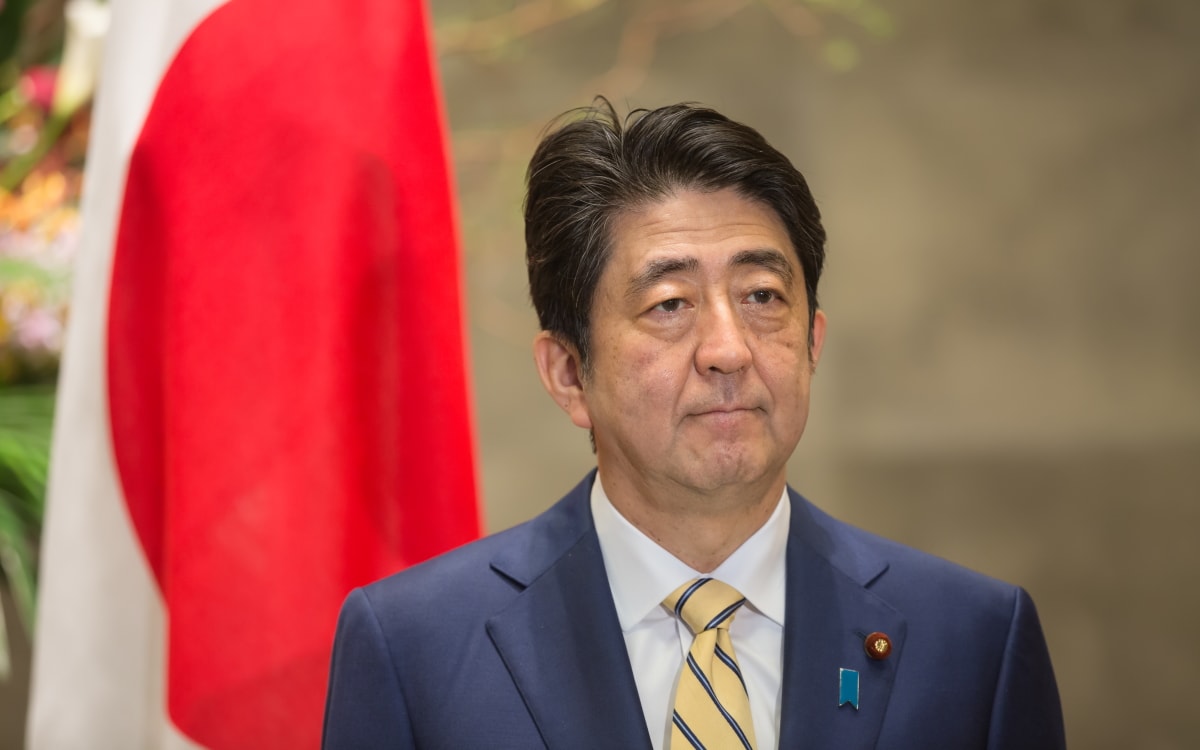Japan’s longest-serving prime minister, Shinzo Abe, has confirmed his resignation due to health issues. The Japanese equity market initially tumbled after first reports of his resignation but opened strengthened this week indicating that investors do not expect any significant changes to Japan’s economic policies – shaped by the departing premium minister as “Abenomics”.
This is in line with overall market expections. “There are different factions within the ruling Liberal Democratic Party, which may advocate for alternative policy approaches, but in our view, these are more likely to affect the form and target of spending programmes than the broader strategy towards structural reforms and medium-term debt consolidation”, says Fitch Ratings.
Successors lining up
However, uncertainties remain. With Abe stepping down, his Liberal Democratic Party (LDP) will elect a new president within the coming weeks. Then there is a vote in parliament for the new prime minister. With the LDP holing the majority in the lower house, its new president would most certainly win. The person will then hold the position until the next scheduled elections in September 2021.
As “a steady hand who can maintain policymaking continuity” Chief Cabinet Secretary Yoshihide Suga, Abe’s right hand, is reported to be a likely successor. According to Nikkei Asia, the powerful factions of LDP are starting to support him.
Other names being thrown about are finance minister Taro Aso and Abe’s former foreign minister Fumio Kishida. With them there are indications of potential policies changes, at least when it comes to Bank of Japan (BoJ). Both have criticised the BoJ’s ultra-low interest rates. According to Robert Carnell, ING’s regional head of research for Asia-Pacific, the voting of one of them could precipitate in an early step-down of the BoJ Governor, Haruhiko Kuroda, who is not due to step down until April 2023. But “there has already been speculation that he may go early. (…) This would open the door for a clean sweep at the top central bank job in Japan and potentially some new policies.” However, ING would caution against automatically assuming that this will usher in some more stimulative BoJ policies, he said.
Legacy of “Abenomics”
Under Abe, the BoJ began a sharp monetary easing in 2013 and dramatically increased government bond purchases to weaken the yen, inject liquidity into the economy and combatting deflation. However, critics argue that the “Abenomics” failed to make lasting changes to Japan‘s economy. This will be the challenge for his successor: fine-tune the economic reform agenda – against the background of unfavourable demographic developments.
In addition, as the economic programme bears the name of the current prime minister, a new leader may wish to give policies his own mark. “There is also a risk that the leadership transition could bring about a period of policy paralysis and uncertainty, should Japan experience a run of frequent changes in premierships, as occurred prior to 2012”, Fitch Ratings says.
Abe had already resigned due to illness in 2007 – what followed were five years with five prime ministers until Abe took office again in 2012. He then deployed his three arrows of “Abenomics”: monetary easing, fiscal spending, and structural reform.
However, his legacy hovers in the air. As a result of the coronavirus pandemic, debt and budget deficits are rising rapidly again, deflation threatens to return.










 Australia
Australia China
China India
India Indonesia
Indonesia Japan
Japan Malaysia
Malaysia Philippines
Philippines Singapore
Singapore South Korea
South Korea Taiwan
Taiwan Thailand
Thailand Vietnam
Vietnam
 Germany
Germany Hong Kong
Hong Kong USA
USA Switzerland
Switzerland Singapore
Singapore
 United Kingdom
United Kingdom Other / International
Other / International






